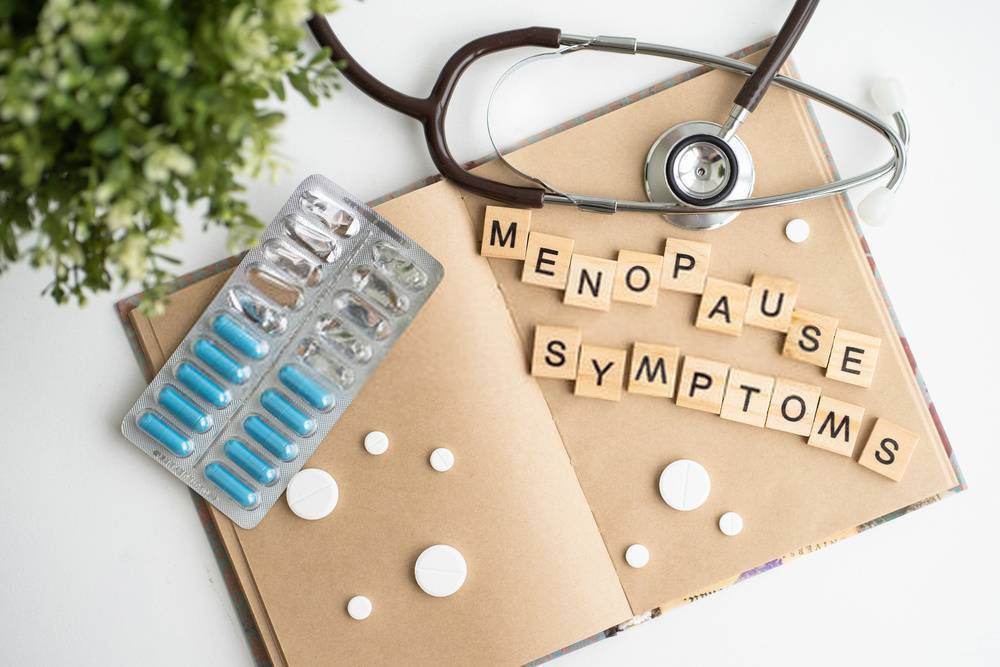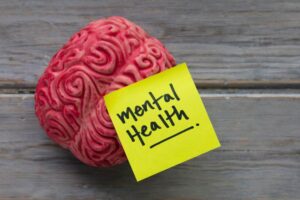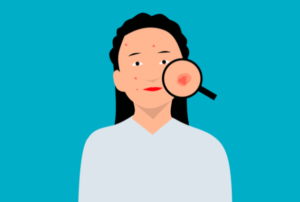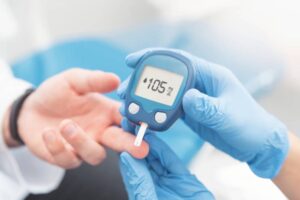Last Updated on 2 years ago by Nicky Johnson
If you are a female between 40 and 58 years old and have started to notice changes in your body and well-being, chances are you’ve entered menopause. In medical terms, menopause is said to have officially set in when you have not had your period for 12 months consecutively and can no longer get pregnant naturally. On average, menopause begins by age 45 or a little later, but it can be earlier for some women.
Around this time, you may be experiencing both physical and emotional symptoms, including hot flashes, vaginal dryness, diminished sex drive, anxiety, or other noticeable mood changes. These symptoms may start to manifest even before you lose your period as you enter perimenopause, or the transition into menopause that happens a few years before actual menopause, including the 12 consecutive months of missed period.
Menopause, while not a health disorder, is a natural transition that may impact your quality of life, possibly mildly or severely. There is no direct treatment for menopause, though there are treatments for managing its symptoms and lifestyle advice that will help cope with the transition.

Symptoms of Menopause
Blog Contents
Some symptoms may be experienced beforemenopause (perimenopause), while some may persist after it.
Lower Fertility
As you approach the end of your reproductive years, immediately before menopause, your body’s estrogen levels start diminishing, making it difficult to get pregnant naturally.
Irregular Menstruation
One of the earliest signs of impending menopause is the change in the regularity of your menstrual period. Either you get your period more frequently or less than usual, and it can be lighter or heavier than you’re used to.
Vaginal Discomfort
As you enter perimenopause and all through menopause, you may experience vaginal dryness, discomfort, or itching, most noticeably during sex.
If you are concerned with this discomfort, it is best to consult with your physician for the proper prescription of vaginal lubricants or medications.
Hot Flashes
You might notice that you experience intermittent feelings of heat, especially around the neck, chest, or face. You may suddenly feel flushed and notice red patches around these areas, or you may wake up in the middle of the night sweating profusely, even while the air conditioner is turned on.
Sleep Disturbances
Problems with sleeping may start to be felt during menopause, arising from its other symptoms such as night sweats, anxiety, and the increase in the urge to urinate.
If feelings of anxiety are keeping you up at night, it might be best to seek counseling and appropriate medical intervention. Intermittent wakefulness caused by night sweats or hot flashes can be alleviated with modern sleep technology like bed fans under the covers for more comfortable nighttime rest.
Emotional Changes
Anxiety, irritability, or even depression are common emotional symptoms of menopause. The other symptoms possibly aggravate the emotional toll, such as the changes in hormone levels, lower sex drive, and sleep disturbances. Thus, a woman undergoing menopause may more frequently experience low moods, exhaustion, or crying spells.
Concentration Difficulties
About 60% of women in menopause may experience concentration and memory difficulties. You may notice that it takes you longer to learn something or that you may keep forgetting things that were previously recalled effortlessly.
This can be alleviated by staying active physically and mentally, eating better, and maintaining a healthy social life. Try finding a new hobby or preoccupation that keeps your mind and body alert.
Physical Changes
Some women may find that they gain weight faster and losing weight is harder, unlike when they were younger. You may also start to notice changes in your hair’s texture, color, or volume. The hormonal changes that your body undergoes during menopause may have a hand in increased hair fall. Also, you feel the urge to urinate more frequently, and it is becoming harder to keep it in.
Lifestyle Tips to Manage Symptoms of Menopause
If you are in perimenopause or have approached menopause, following this lifestyle advice may help you cope with the symptoms:
- Exercise regularly
- Avoid stress, practicing yoga, deep breathing, and other relaxation exercises
- Keep a healthy diet that includes more whole grains, vegetables, and fruits
- Avoid or quit smoking, as well as secondhand smoke
- Cut down on alcohol intake
- Seek counseling or therapy for anxiety, depression, or relationship matters
- Observe better sleep habits
- Do regular Kegel exercises to keep the muscles of the pelvic floor healthy
- Do not hesitate to reach out and talk to family and friends about the experience of menopause
- Harness intimacy with your spouse or partner
- Stay active socially
Menopause sets in when a woman’s menstrual cycle ends. Though there are several physical and emotional symptoms to menopause, it is not a health disorder but a natural transition in every woman’s life. Symptoms may include lower fertility, vaginal discomfort, hot flashes, anxiety, irritability, depression, among others. There are treatment and lifestyle changes that can help manage these symptoms.







